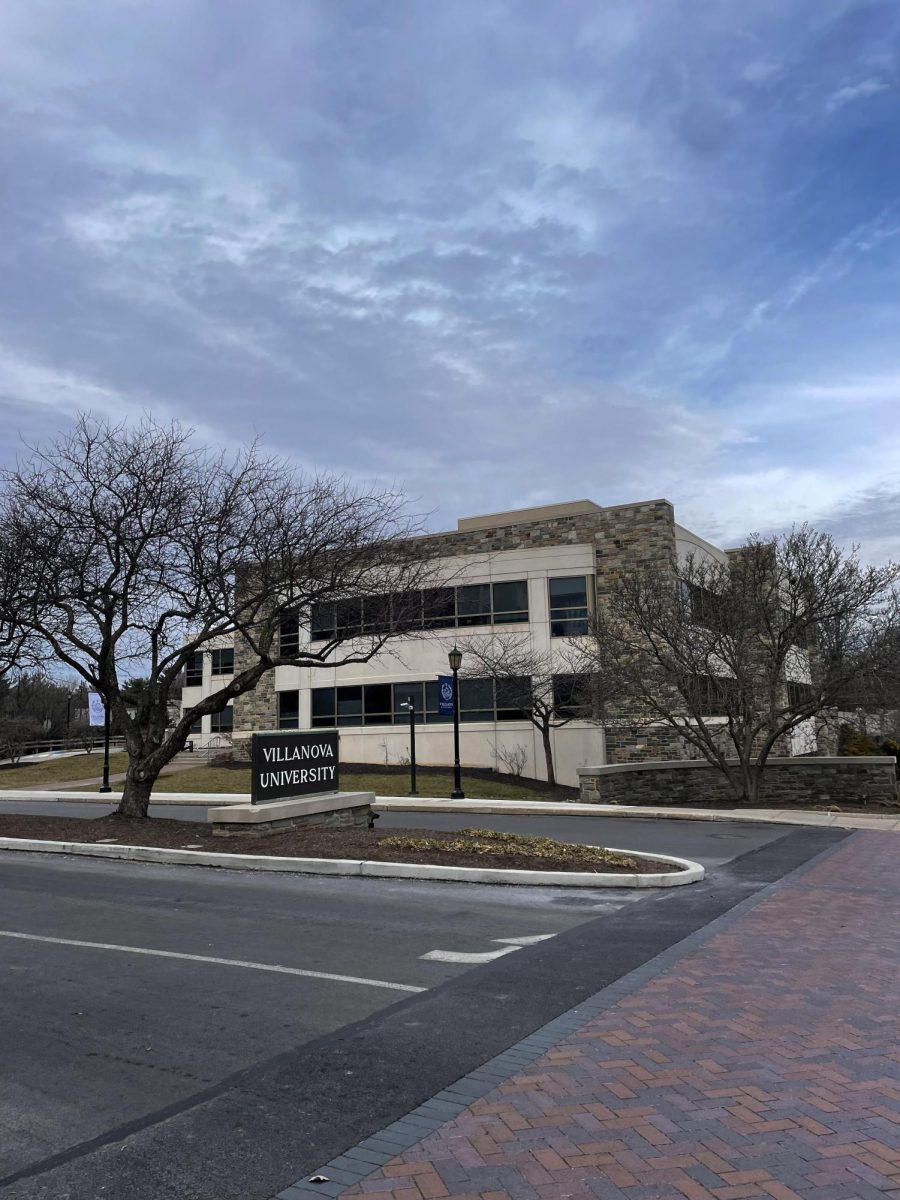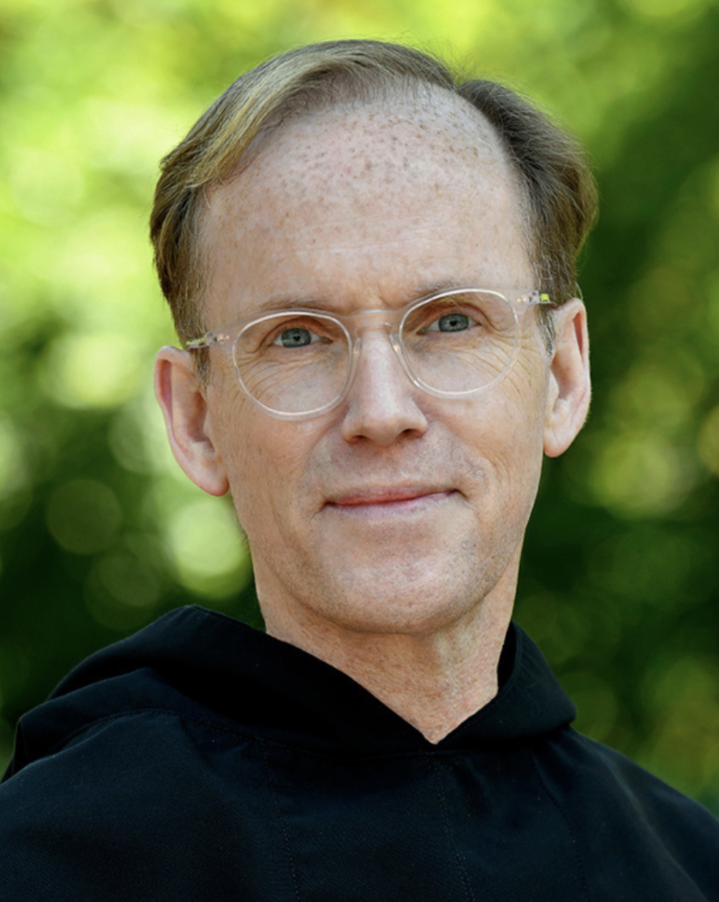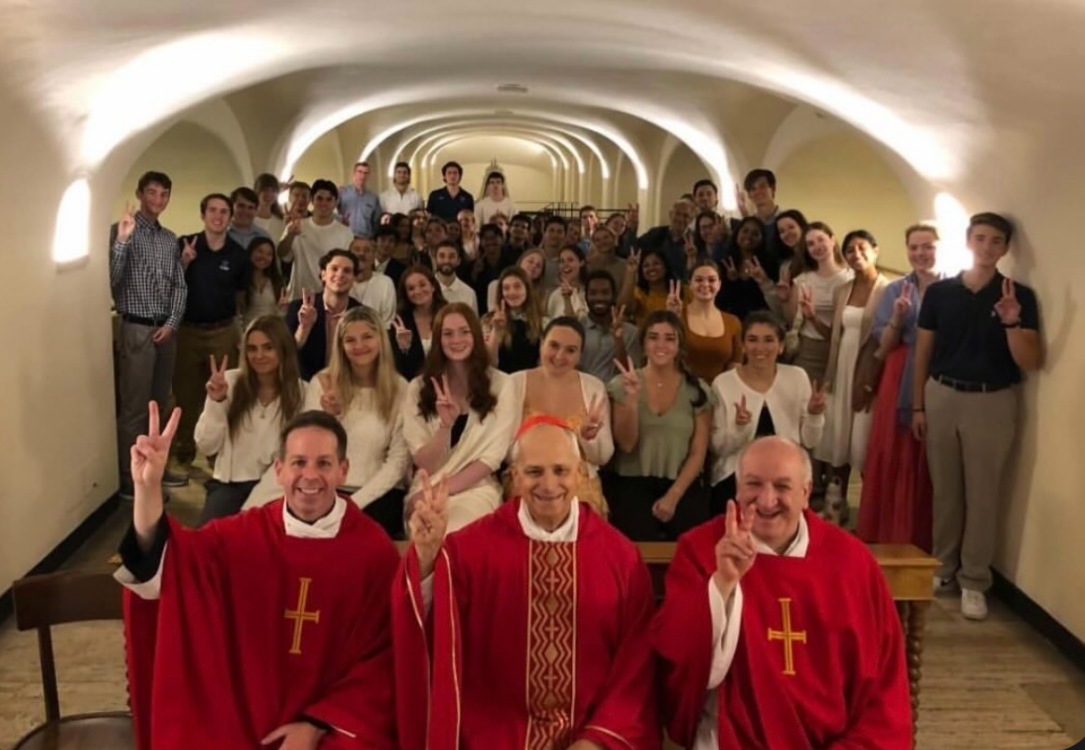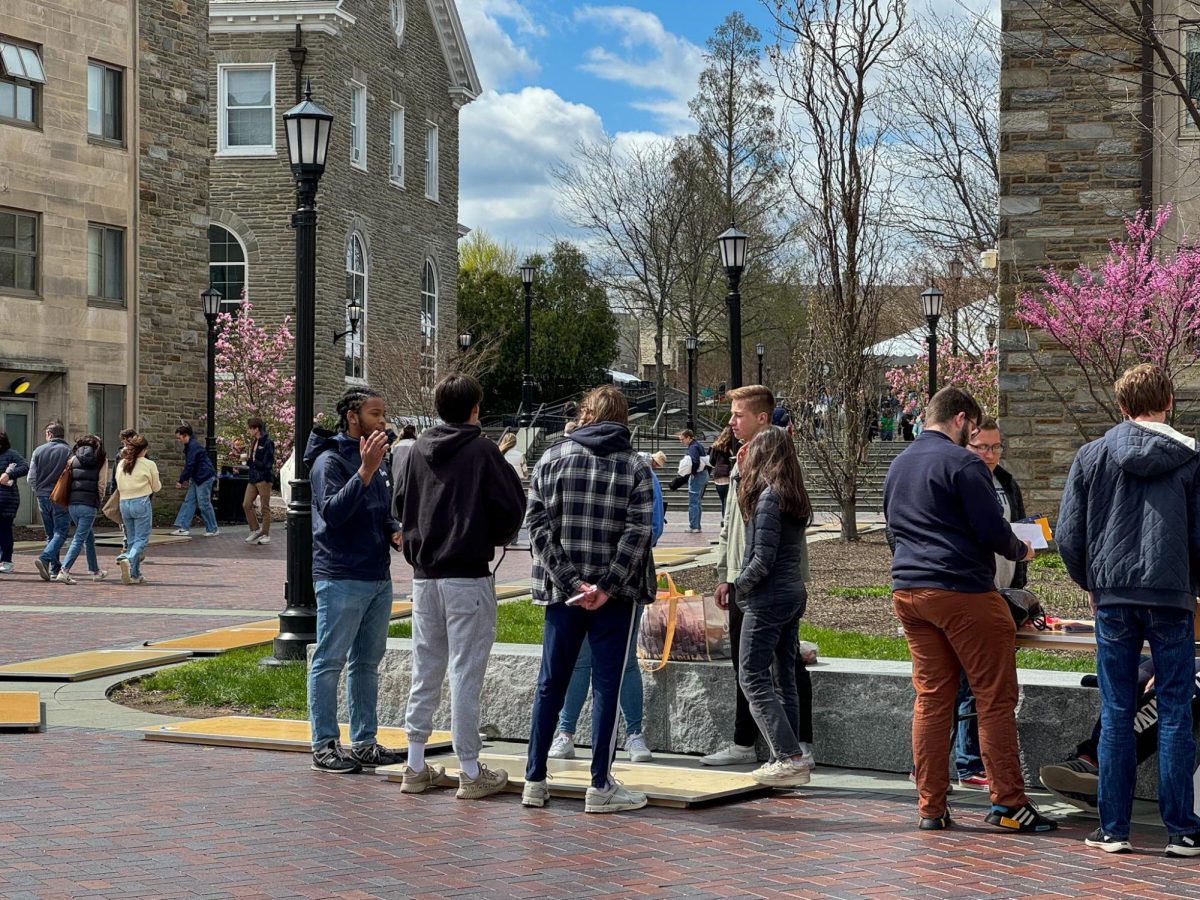On Wednesday, Jan. 29, POWER (Peers Offering Wellness Education and Resources) and the University Counseling Center rallied together to bring about a valuable event, consisting of mental health advocacy and education, and concluding with an entertaining and meaningful journaling workshop. Students from all grades were in attendance and gained an opportunity to gather great insights into the mental health services Villanova University has to offer its students.
One of Villanova Counseling Center’s staff psychologists, Alexandra Zappala, Psy.D. spoke at the event and offered a more detailed perspective into how Villanova University works diligently to provide effective and practical mental health services to Villanova students.
During the workshop, Zappala discussed the range of these services that the University Counseling Center offers, including student support groups, pre-booked therapy appointments and 24/7 telehealth counseling. The center has a wide range of options for students looking for any outlet that truly has the capacity to foster mental health and well-being, and these services also happen to be available without a cost.
“I think it’s so important that [Zappala] got to tell us very clearly that, like, we are truly here for you,” POWER member Sophia Gunderson said. “I’ve also heard some of the myths surrounding the health center, so to hear her say we want to help, and we want people to come which just shows there shouldn’t be any kind of stigma about that.”
Zappala also noted during the event how therapy and taking action to improve one’s mental health can unfortunately involve various stigmas as well as general misinformation. Specifically, Zappala cleared the air surrounding a few rumors and misunderstandings that may have spread about the counseling center services.
Confidentiality and understanding are core values of the counseling center, so Zappala made sure to discuss how all therapy services such as meetings and involvement with therapy through the Counseling Center are between the student and the counselor, coordinator or group.
“The Counseling Center does not release any information regarding whether a student has used our services nor matters discussed in counseling,” the Counseling Center’s official statement surrounding confidentiality states. “Except under certain specific circumstances, no parent, dean, faculty member or other students can get access to information about you or without your permission.”
Group therapy was another topic of discussion where students wondered what student support and discussion groups looked like through the Counseling Center, and how to get involved. Supporting a range of groups, Zappala mentioned how one can join for students interested in LGBTQIA+ support, first-generation students, loss of a loved One, roadmaps for life transitions, substance use and recovery. It is simple to join the group, one may attend a meeting and they are immediately able to have as much involvement as desired.
The group in attendance learned and discussed the extensive list of services and groups that the Counseling Center has to offer. The session turned to the students in POWER, which discussed its resources and support services for mental health, prior to the journaling session. Some of these resources involved app recommendations for meditation, journaling and more.
As the session turned to the journaling workshop portion, students were given the opportunity to take a moment to themselves and reflect on their current feelings and experiences through a provided journal book.
“In terms of this program, I love to journal and so I thought this was a great idea to just put a pen to paper rather than journaling through a digital space,” said senior Emma Stecher, one of the members of POWER and a leader of the workshop.
The event successfully combined education, advocacy and personal reflection, leaving students with valuable insights and practical tools to support their mental well-being. By highlighting the range of services available and fostering an open conversation about mental health, POWER and the Counseling Center reinforced the importance of seeking support without hesitation.







